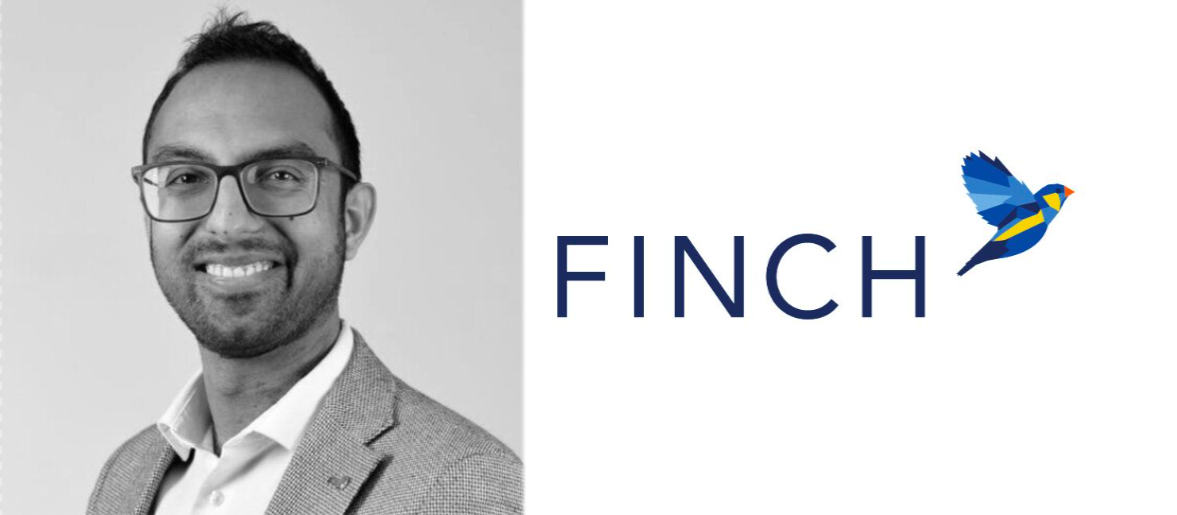At Finch Therapeutics, Dr. Zain Kassam works on new treatments for antibiotic-resistant infections and autoimmune disorders in the gut.
“While folks in the building next door at MIT were teaching monkeys to control robotic arms with their minds, and they literally invented the MRI machine across the street at Harvard, I spent a good chunk of my training working out how to help physicians give patients poop in the safest possible way,” jokes Dr. Kassam.
But this work has potentially groundbreaking results. Through Finch Therapeutics, Dr. Kassam may help bring forth a new treatment for a wide range of debilitating issues.
Dr. Zain Kassam’s career has been extensive, yet focused
Dr. Kassam received his Master’s in Public Health from Harvard University. He then earned his Medical Doctorate from London’s Western University.
His research and work has largely focused on microbiome therapies and fecal transplant studies. Previous to Finch Therapeutics, Dr. Kassam organized OpenBiome, a stool bank for fecal transplants. He is also a Gastroenterologist and Clinical Research Affiliate at the MIT Center for Microbiome Informatics and Therapeutics.
In addition to these roles, Dr. Kassam is the Chief Medical Officer and co-founder of Finch Therapeutics. The company focuses on harnessing microbiome therapies to help patients with gastrointestinal issues all over the world.
Finch Therapeutics boasts partnerships with firm such as Takeda Pharmaceuticals. They also collaborate with researchers from the US to Australia to China. In fact, Dr. Kassam’s work with OpenBiome’s screening protocols have become “industry standard” even outside the States.
Dr. Zain Kassam believes in microbiota transplants as the future
MedTech’s prestigious 40 Under 40 Healthcare Innovator List welcomed Dr. Kassam in 2016. He earned this honor for his work with microbiome therapies. A patient during his gastroenterology fellowship at Canada’s McMaster University inspired him.
“Within 48 hours she was cured and back to gardening,” Kassam says regarding her microbiome treatment. “It was the closest thing to a miracle I’d seen in medicine, and I wondered why not everyone was doing it.”
Dr. Kassam has taken part in several studies exploring fecal transplant efficacy. Specifically, he has looked at cases of ulcerative colitis and hepatic encephalopathy. He has received funds from the CDC, the Colitis Foundation of America, and more. In addition, his work has been featured on news media outlets such as PBS, CNN, and The Washington Post, just to name a few.
The promise of fecal microbiota transplants
Now…what exactly does Dr. Kassam do? Fecal microbiota therapy, in layman’s terms, means poop transplants.
“The type of poop I’d feel comfortable giving to my grandmother,” Dr. Kassam explains. These treatments are frequently used for C. difficile infections that do not respond to antibiotics. The OpenBiome website explains that “FMT works by repopulating the patient’s microbiome with diverse microorganisms that competitively exclude C. difficile.“
Moreover, microbiome transplants can also treat many autoimmune conditions, such as ulcerative colitis, Crohn’s disease, and IBS. Interestingly enough, the health of one’s gut has a connection to various behavioral symptoms in individuals on the autism spectrum as well.
Learn more about Finch Therapeutics on their website here.



